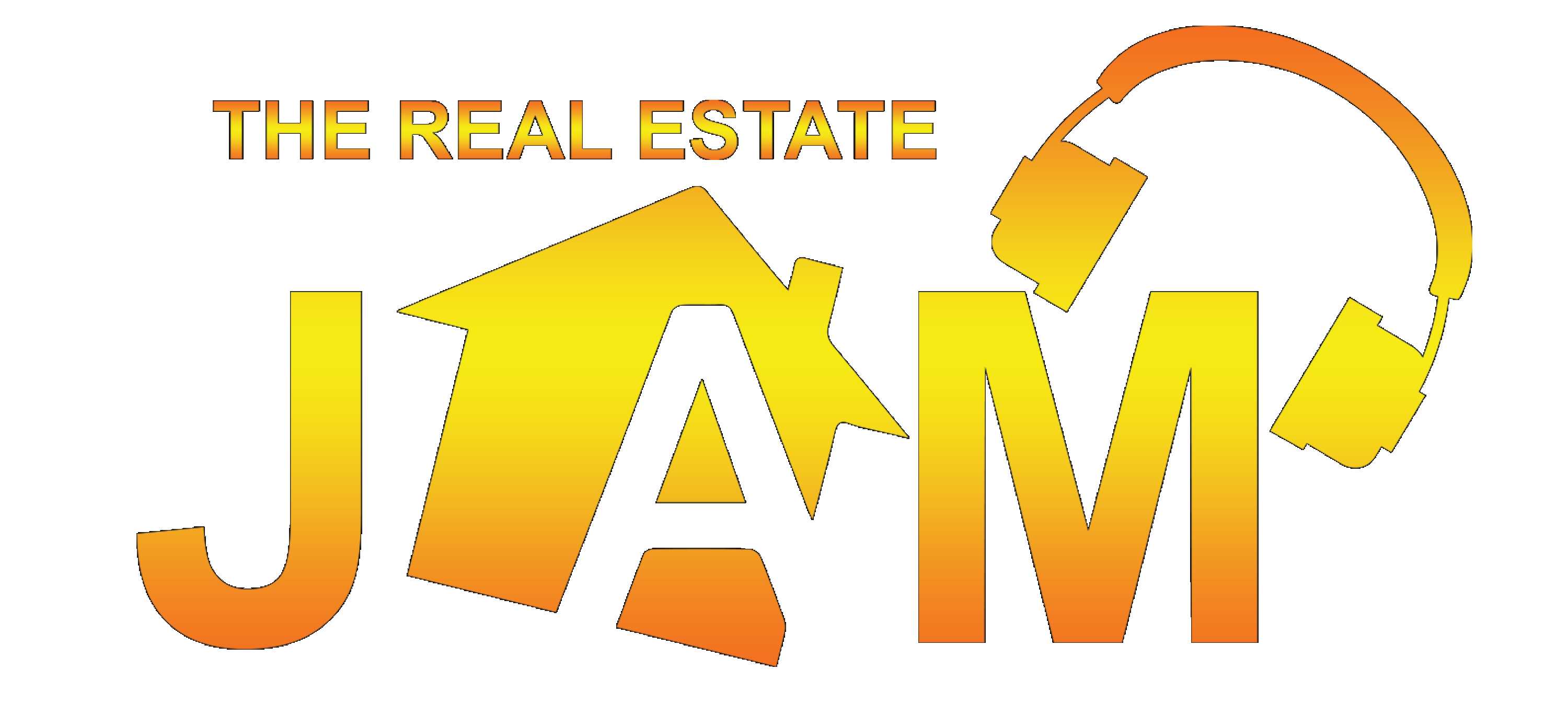Finding the right property is only half the challenge when you’re looking to purchase your own home or real estate investment. Unless you can buy it totally in cash, the next thing you need to find is the right mortgage lender. Borrowing money from a lender entails entering into a legal agreement to repay the loan over a certain period, plus interest.
Getting a home loan is a long-term commitment. That’s why it’s really important that you select to find a good mortgage lender and the right type of loan for you. But first, let’s get you acquainted with some of the types of loans on the market.
The points below are from the 20th episode of the Real Estate JAM, where expert mortgage loan advisor for Acopia, Kayla Sweeny, explains how to prepare for a loan application, the various types of loans available in the market, and even some nontraditional options, and why you should consider lenders rather than traditional banks. You can listen to it on YouTube, Spotify, or Apple Podcasts if you want to learn more about the ins and outs of mortgage lending.
If you understand the differences between mortgage loans, it will be easier to choose the right one to apply for.
Conventional Loan
A conventional loan, also known as a conventional mortgage, is a non-federally insured type of home loan. Private lenders, such as banks, mortgage companies, and other financial institutions are the ones who offer this type of loan.
Seeing as conventional loans are not backed by the government, lenders implement more stringent measures and requirements, and interest rates tend to be higher than for government-backed mortgages such as FHA or VA loans.
Conforming and non-conforming are two categories of conventional loans. The Federal National Mortgage Association (Fannie Mae) and the Federal Home Loan Mortgage Corporation define the standards on who gets to qualify for a conventional conforming loan. Make sure you have a good credit score and a steady source of income to qualify for this type of mortgage. On the other hand, non-conforming conventional loans are those that cannot be sold or purchased by Fannie Mae or Freddie Mac due to the home price exceeding federal standard loan limits. A jumbo loan is the most common sort of non-conforming loan. Jumbo loans, which are used to fund luxury houses and homes in extremely competitive local real estate markets, have distinct underwriting criteria and tax implications.
FHA (Federal Housing Loan Administration) Loan
FHA loans are insured by the Federal government and are granted through FHA-approved lenders. The lender can give you favorable terms because the loan is insured, such as a low down payment of 3.5 percent of the purchase price. Anyone can apply for this form of loan, which is usually easier to qualify for than a conventional mortgage. However, keep in mind that FHA-insured mortgages have a loan ceiling that depends on location and the average housing costs.
VA (Veterans Administration) Loans
For active serving and veteran members of the United States military, as well as their spouses, VA loans offer relatively flexible underwriting and down payment requirements. These are backed by the U.S. Department of Veterans Affairs and do not require a down payment and mortgage insurance.
USDA (U.S. Department of Agriculture) Loan
For borrowers in rural areas, the USDA (U.S. Department of Agriculture) loan is an option to consider. They don’t require a down payment and is more lenient when it comes to credit score. Borrowers do not need to be first-time homebuyers but keep in mind that income and geographic limits will be taken into account.
Bank Statement Mortgage
A bank statement program is a type of home loan or mortgage that uses bank statements to determine the income of a borrower. This form of mortgage, according to Kayla, requires 12 to 24 months of bank statements as alternate paperwork in the qualification process instead of tax returns and W-2s.
This mortgage program is for borrowers with an excellent track record of financial responsibility and a strong credit rating who have been unable to get traditional home financing owing to challenges demonstrating their capacity to repay their loan.
Have you already decided on which type of loan to get? If you want to learn more about mortgage lending from Kayla, check out the full episode on YouTube, Spotify, or Apple Podcasts.
Outline of the Episode:
- [01:45] Why Kayla doesn’t discriminate on loan applicants
- [03:51] The challenge in finding a mortgage lender that is open to nontraditional investors
- [05:20] How Kayla became a certified mortgage lender in five states!
- [06:58] What investors should know about the real estate market in Florida. You should take note of this!
- [10:27] Alternative lending programs for nontraditional borrowers or investors
- [14:14] What documents should you prepare when planning to get a loan? Get organized!
- [19:46] How to know if you’re qualified for a loan?
- [21:43] Brokered products versus in-house products, what’s the difference?
- [25:14] A different way to move your money around and bring in new loans
- [27:05] Why choose lenders instead of regular banks?
- [31:49] The biggest instruction every investor should know before getting a loan
Resources Mentioned in the Episode:
- Acopia Home Loans: http://www.acopiahomeloans.com
- Kayla Sweeny’s Cell phone #: 770-731-9297
- Kayla Sweeny’s Email: ksweeny@myacopia.com
Connect with JD, Annabel, and Melissa!
- Website
- YouTube
- Shorefront Investments
- Email: jd@shorefront-investments.comor info@shorefront-investments.com

Recent Comments